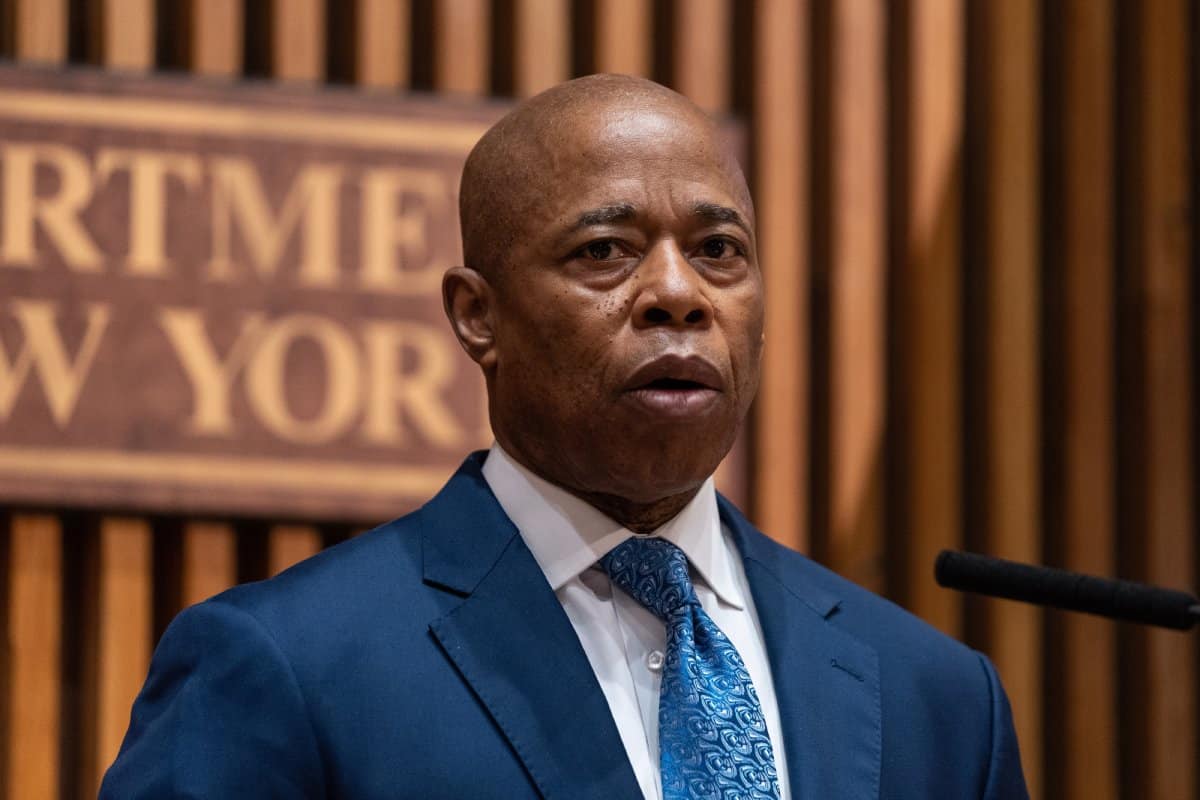Budgets are apparently strained in sanctuary cities, as these Democrat strongholds are experiencing the repercussions of the migrant crisis and having to take drastic measures to solve issues. Here’s the full story.
Shifting Priorities
What began as a compassionate response to an influx of migrants arriving in cities far from the Southern border has slowly turned into a balancing act between humanitarian values and fiscal realities. Now, cities are beginning to roll back previous measures to stem their bleeding budgets.
New York and Chicago, both proud cities with huge immigrant populations, have announced this week that they’ll have to alter their shelter policies due to a lack of resources. Previously, Migrants in New York were pretty much guaranteed a bed thanks to the Right to Shelter Act, which could be appealed every 30 days for individuals and every 60 days for families.
Addressing New York’s Population Surge
Now, however, some single migrants without kids will only be granted 30 days in a shelter and won’t be allowed to reapply. This is all in a bid to solve the city’s mass influx of migrants, which has reached over 180,000 new arrivals in under two years.
Eric Adams, mayor of New York, explained, “We have been clear, from day one, that the ‘Right to Shelter’ was never intended to apply to a population larger than most U.S. cities descending on the five boroughs in less than two years.”
Chicago Scaling Back Services
Chicago, meanwhile, has begun evicting migrants who have overstayed a 60-day time limit.
These changes are occurring in other cities, too. Denver officials have begun scaling back services, closing migrant shelters, limiting stays in city-funded hotel rooms, and bringing back time limits on shelter stays that they’d previously removed. Massachusetts is following suit.
For these traditionally immigrant-friendly cities, the surge of newcomers, many seeking asylum, has prompted a sobering reassessment of their values. These Democratic cities’ instinct to welcome new arrivals clashes with the harsh reality of funding limitations, particularly in cities with soaring housing costs.
Fiscal Realities
The current wave of migrants, many of whom arrived on their own or, controversially, on buses funded by Texas taxpayers courtesy of Governor Greg Abbott, presents a unique challenge. While many city leaders were initially compassionate, as migrant numbers continued increasing, the crisis morphed into a fiscal dilemma for city leaders.
Cities have been begging for help from the Biden Administration but have received negligible funding to tackle a crisis of such unprecedented numbers.
With a divided Congress, Biden has struggled to force through any substantial funding bills, and cities have been bearing the brunt. Cuts have been the name of the game, slashing services and decreasing spending on migrants.
New York has gone through two rounds of spending cuts to essential services and just narrowly missed out on a third, which would have impacted garbage pickup, support for older adults, and libraries. In February, Adams announced a 20% cut to migrant services to skirt this third round of cuts, although city officials claimed that they were still planning to spend a huge $4 billion on migrants this year.
Denver, too, has had to cut services that were mainstays in the city. They’ve reduced hours at community centers and eliminated recreational programs in order to afford the cost of sheltering the 40,000 new arrivals to the city.
Advocates’ Concerns
Activists, however, have warned against cutting funding to migrant issues and rolling back existing services. They argue that these measures will make the crisis worse for the hundreds of thousands of displaced people who have been through major upheavals and are trying to find their way out of shelters and into work and permanent housing.
Some states aren’t left with many options, though. The Massachusetts shelter system has seen numbers skyrocket in the last few months. Their shelter program cost a quarter of a billion last year but is expected to rise to around $1 billion this year.
Without substantial funding from Biden’s administration, there are only a few routes to take – cutting services will be high on the list.
Navigating the migrant crisis is a tricky challenge, and Denver’s mayor said it best in an interview with the Washington Post, “residents would be upset with us if we were not to provide a single service to migrants, and they’d be mad at us if we cut all our city services.”
The post Sanctuary Cities Reevaluate Migrant Policies Amid Budget Challenges first appeared on Swift Feed.
Featured Image Credit: Shutterstock / lev radin.

